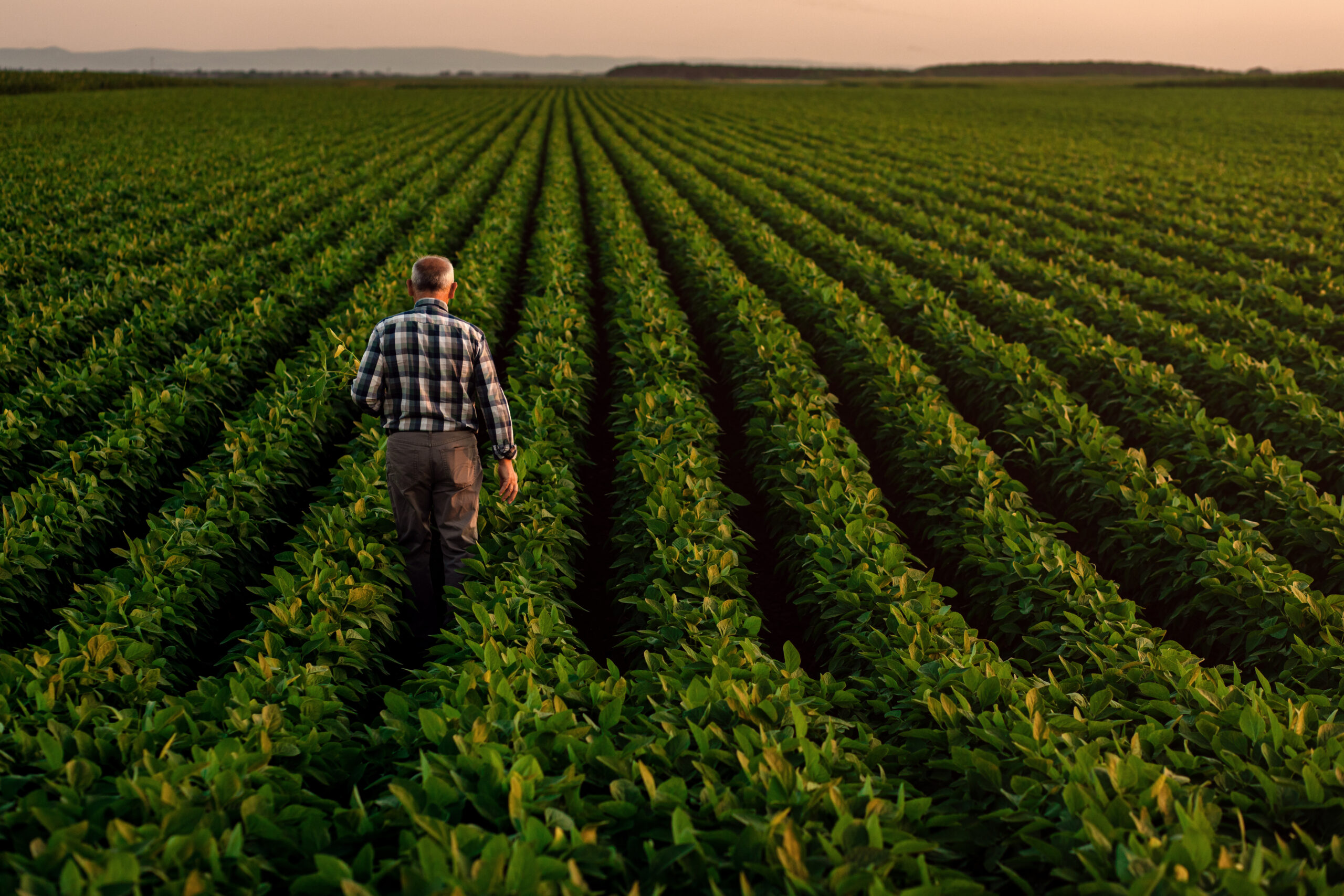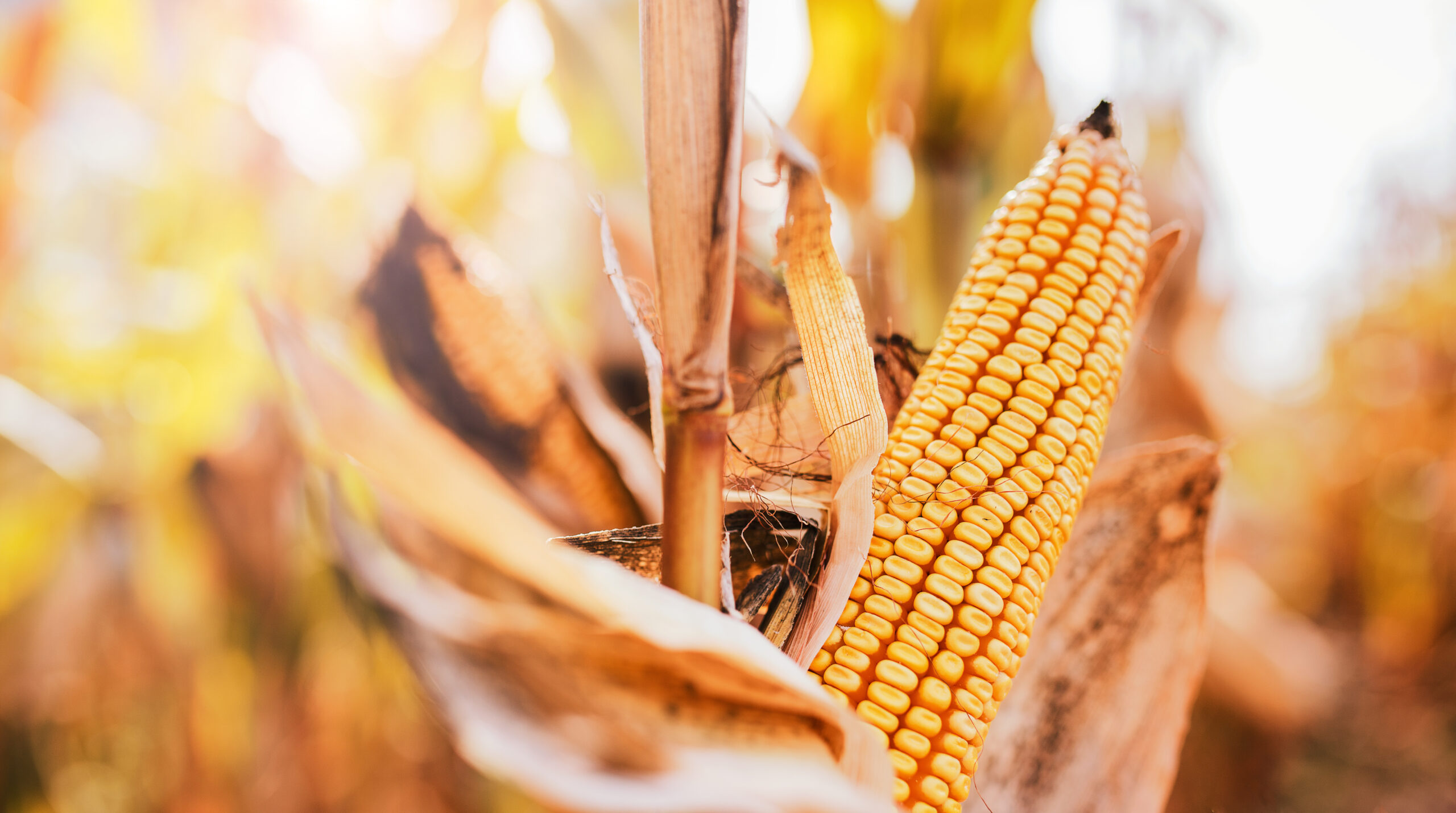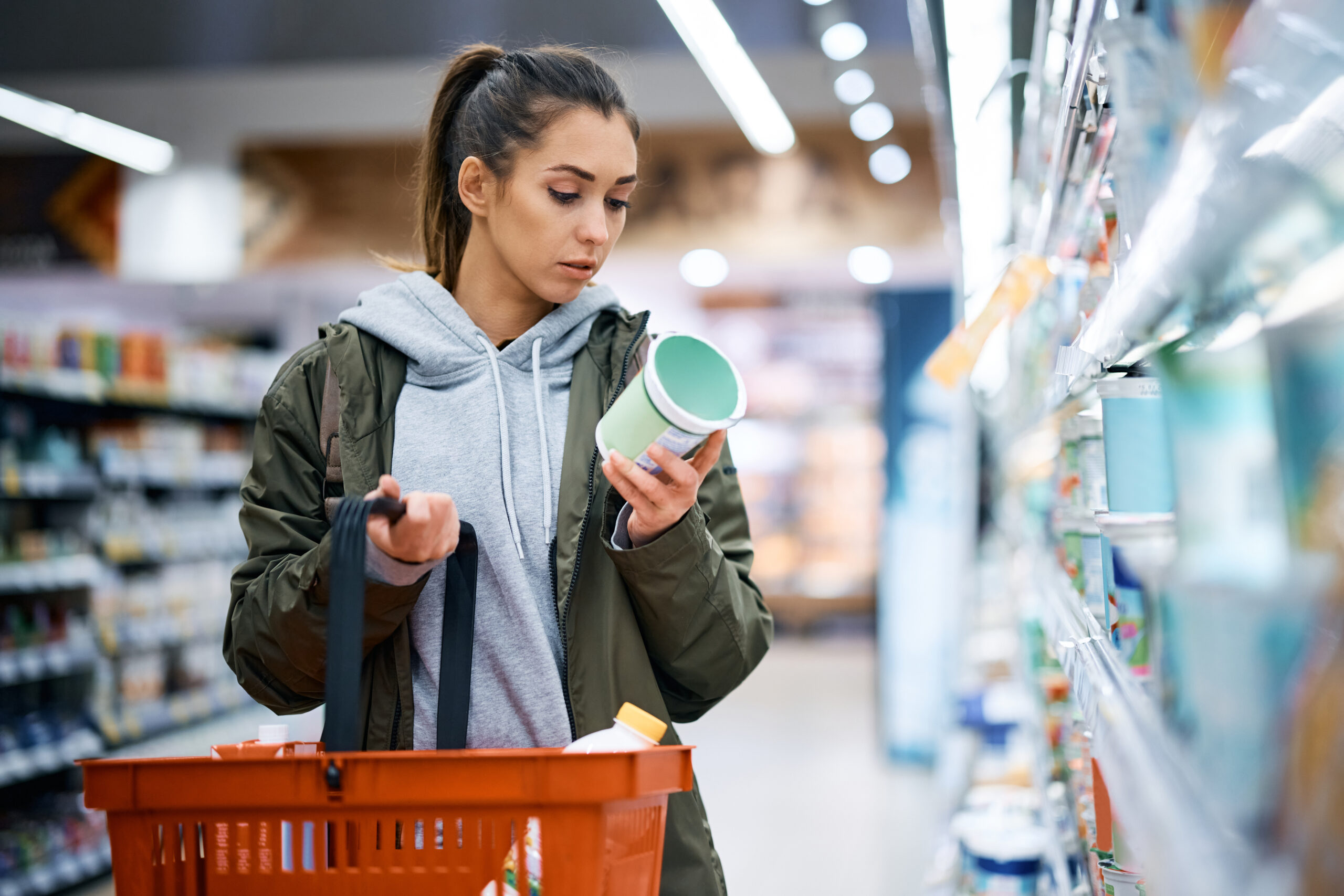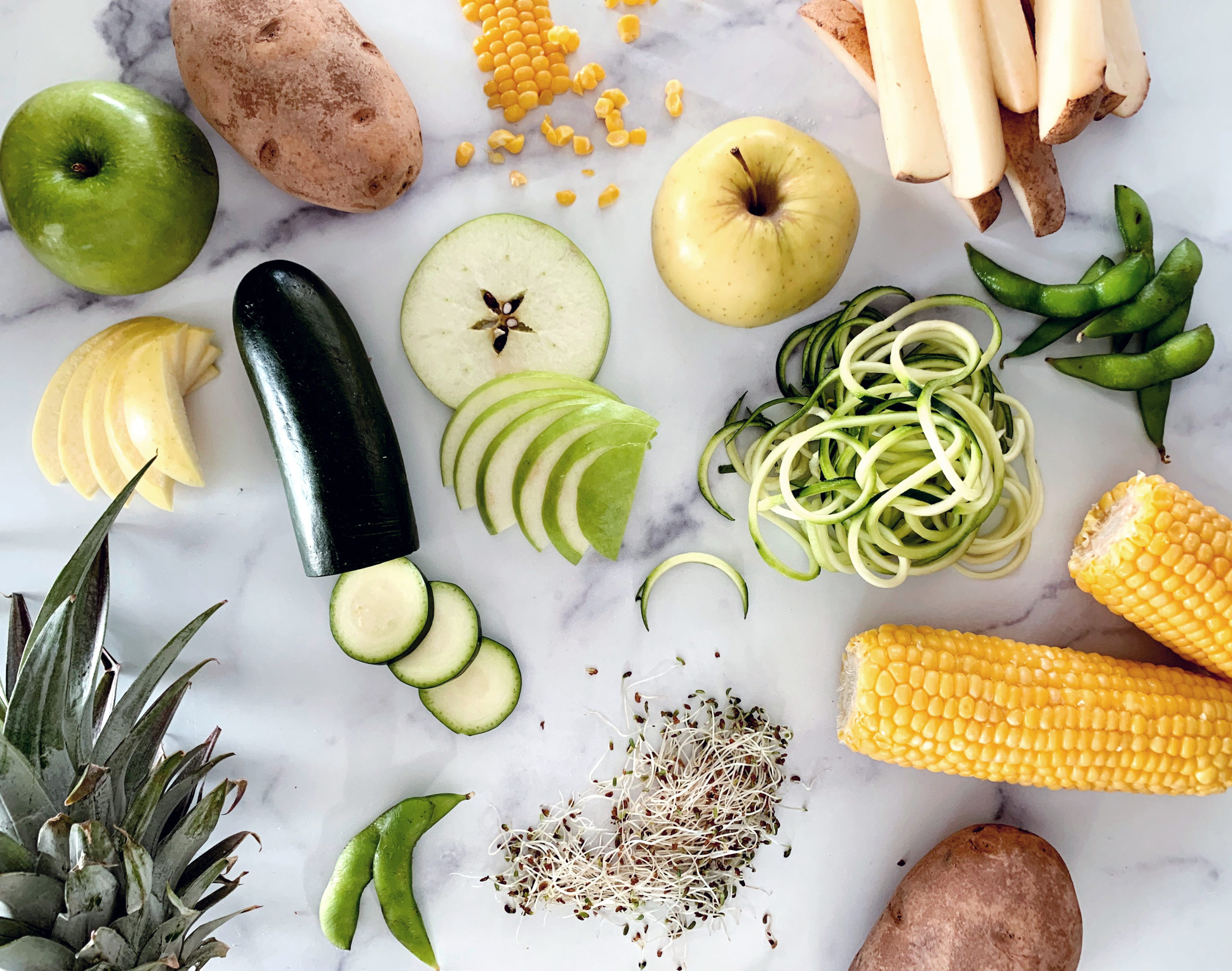Understanding Risk Status
How does risk status preserve the non-GMO supply chain?
To effectively build and preserve the non-GMO food supply, the Non-GMO Project Standard uses risk statuses for crops, ingredients and inputs based on how likely each is to be a GMO. Risk status helps third-party technical administrators (TAs) evaluate products by giving greater scrutiny to ingredients with the highest risk of coming from genetically modified sources.
The Non-GMO Project determines which crops have the highest risk of being GMOs using various criteria, including the following:
The current and potential uses of the GMO (e.g., used as human food or animal feed)
The acreage planted
The GMO's presence in the supply chain
The GMO's potential to cross-pollinate with non-GMO crops
The Standard's risk statuses include high risk, monitored risk and low risk.
High risk
High risk is the most impactful risk status. The high-risk attribute alerts stakeholders that a genetically modified crop or other organism is ubiquitous. For example, corn is on the High-Risk List because 93% of corn grown in the US is genetically modified and GMO corn is widespread in the marketplace. Such prevalence means there is a high chance that corn-based ingredients would come from genetically modified corn unless the buyer intentionally sought non-GMO sources.
TAs spend extra time during evaluation confirming that high-risk ingredients in Verified products come from non-GMO sources where required by the Standard. When high-risk ingredients are present at 0.5% or more by weight in a finished product, they are subject to heightened scrutiny to confirm that they come from non-GMO sources. Ingredients present at less than 0.5% by weight in a finished product are considered micro ingredients and are subject to different requirements.
Some high-risk ingredients, such as ingredients derived from animals and microorganisms, pose unique challenges during verification.
TAs spend extra time during evaluation confirming that high-risk ingredients in Verified products come from non-GMO sources where required by the Standard. When high-risk ingredients are present at 0.5% or more by weight in a finished product, they are subject to heightened scrutiny to confirm that they come from non-GMO sources. Ingredients present at less than 0.5% by weight in a finished product are considered micro ingredients and are subject to different requirements.
Some high-risk ingredients, such as ingredients derived from animals and microorganisms, pose unique challenges during verification.
Animal-derived — Animal derivatives, such as meat, eggs, milk and honey, are considered high risk because GMO crops are common in animal feed. Animal derivatives are evaluated by reviewing feed and requiring the feed's high-risk major ingredients come from non-GMO sources. Genetically modified animals, including cloned animals and their offspring, are prohibited.
Microorganisms — Microorganisms, such as algae, bacteria and yeast, are living organisms which can be genetically modified. For example, a new GMO technique called "precision fermentation" uses genetically modified microorganisms to produce novel ingredients. Whether or not the microorganisms are GMOs, they may be fed growth media derived from high-risk crops such as simple sugars derived from GMO corn or sugar beets.
The following crops are currently on the High-Risk List. Click each icon to learn more about the crop:
Monitored risk
The Monitored-Risk List is part of the Non-GMO Project's efforts to track biotechnology industry developments. Crops and ingredients on the Monitored-Risk List generally have genetically modified versions in existence that are not yet widely commercially available. Known GMO contamination can also impact a crop's risk status.
The Monitored-Risk List currently includes banana, camelina, chard, flax, hemp, lettuce, mushroom, mustard, oats, orange, peanuts, peas, rice, rutabaga, sugar cane, table beets, tomato, turnip, wheat, some squash varieties, some alfalfa varieties and some brassicas. For a detailed list of monitored-risk crops, see the Standard.
The Monitored-Risk List currently includes banana, camelina, chard, flax, hemp, lettuce, mushroom, mustard, oats, orange, peanuts, peas, rice, rutabaga, sugar cane, table beets, tomato, turnip, wheat, some squash varieties, some alfalfa varieties and some brassicas. For a detailed list of monitored-risk crops, see the Standard.
Low risk
Any living organism could be genetically modified. All living organisms contain DNA, which provides the instructions for building and maintaining the living organism. Should a GMO developer use biotechnology to modify that DNA, the modified organism is a GMO. Therefore, the Standard considers biological organisms for which there is no existing genetically modified version to be low risk rather than non-risk because there is the potential to create a GMO.
Sunflowers are an excellent example of a low-risk crop. Because there are no genetically modified sunflowers, it is currently impossible to source ingredients such as sunflower seeds or oils from a GMO. However, a sunflower is a living organism containing DNA. Because any living organism could be genetically modified, the "non-risk" attribute is inappropriate for sunflowers. The Non-GMO Project will consider sunflowers a low-risk crop until a GMO sunflower is developed or another GMO is shown to cross-pollinate with a sunflower.
Sunflowers are an excellent example of a low-risk crop. Because there are no genetically modified sunflowers, it is currently impossible to source ingredients such as sunflower seeds or oils from a GMO. However, a sunflower is a living organism containing DNA. Because any living organism could be genetically modified, the "non-risk" attribute is inappropriate for sunflowers. The Non-GMO Project will consider sunflowers a low-risk crop until a GMO sunflower is developed or another GMO is shown to cross-pollinate with a sunflower.
Other statuses — Non-risk and Verified status
Non-risk ingredients are substances that cannot be genetically engineered because they are not living biological organisms and don’t contain any DNA. Paraffin wax, talc and mineral oil are common ingredients that are considered non-risk.
"Verified status" refers to products that have already been Verified and used as ingredients in different products seeking verification. Because Verified status ingredients have undergone a separate evaluation process, they are already compliant with the Standard. Examples include Verified wholesale products, such as powdered honey or soy-based glycerine made from non-GMO soybeans.
"Verified status" refers to products that have already been Verified and used as ingredients in different products seeking verification. Because Verified status ingredients have undergone a separate evaluation process, they are already compliant with the Standard. Examples include Verified wholesale products, such as powdered honey or soy-based glycerine made from non-GMO soybeans.




